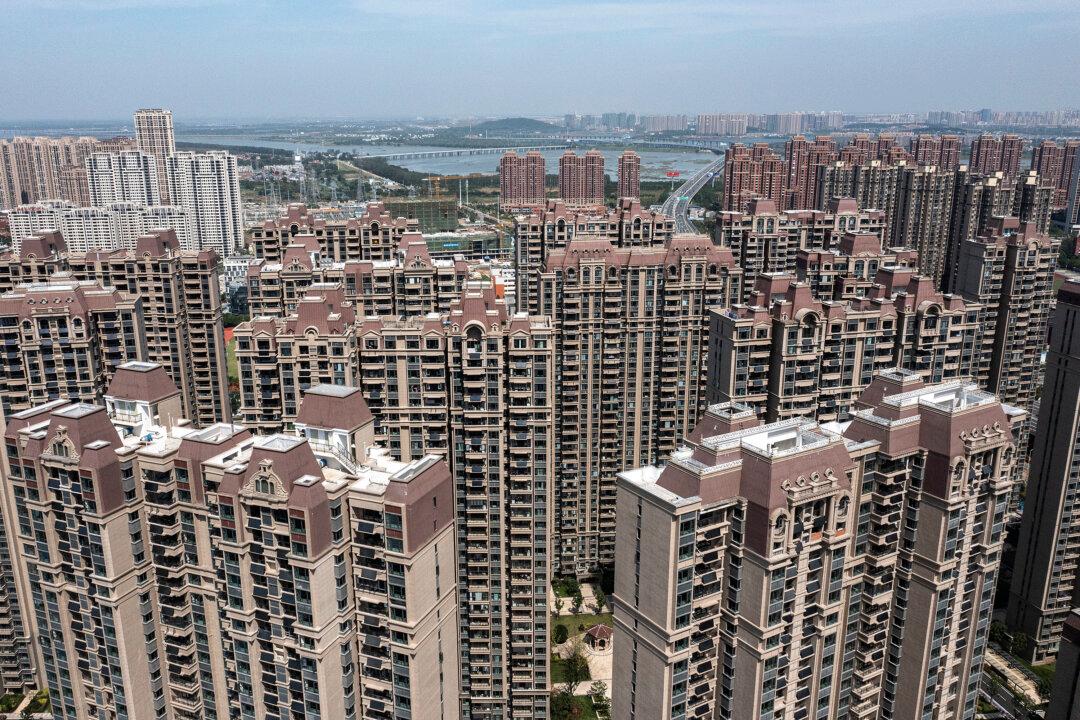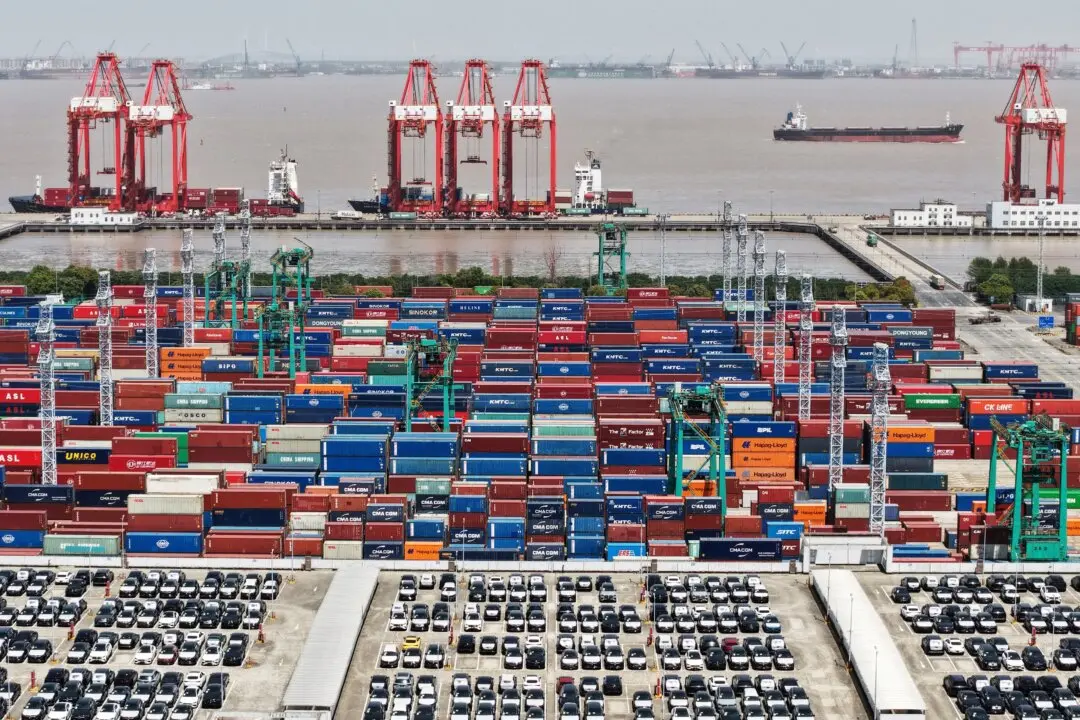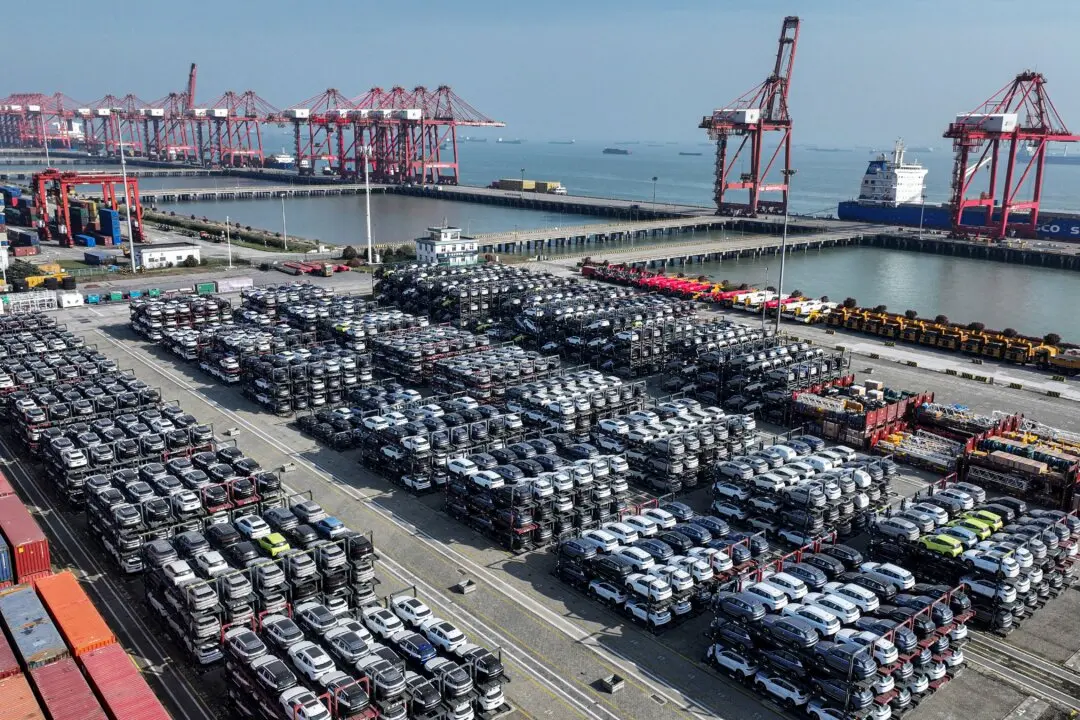Commentary
After more than a year of delay, equivocation, and finger-pointing, Beijing seems to have awakened to its economy’s needs. The authorities have moved to enhance the liquidity of real estate developers. As this column has pointed out for months, this is something the authorities should have done more than a year ago when Evergrande first announced that it could not meet its obligations.





